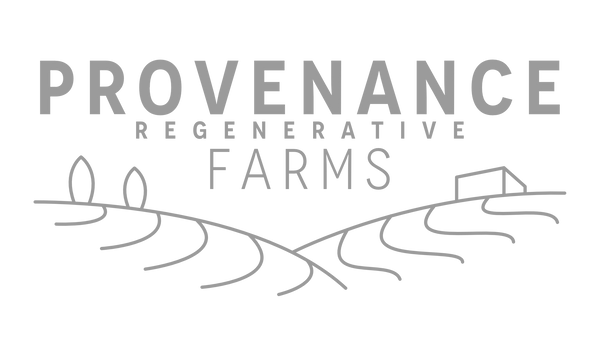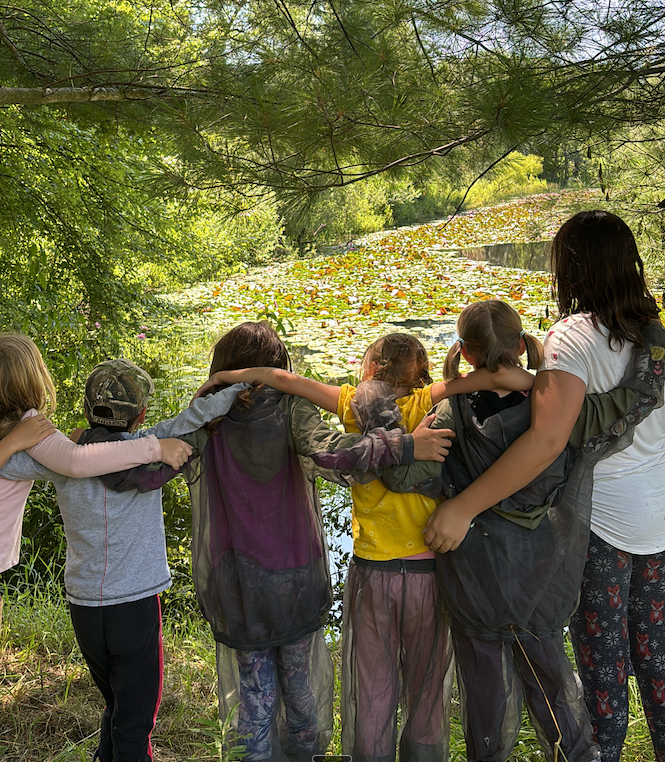
Field Trips are Education for an AI world.
Why hands-on-learning has never been more critical...

Field Trips for an AI world
Outsourced Thinking?
In today's digital environment, students are increasingly outsourcing their thinking to technology.
As artificial intelligence writes their essays, solves their math problems, and provides instant answers to complex questions, a troubling pattern emerges: the essential neural pathways that develop through effort, struggle, and discovery are being bypassed.

Field Trips for an AI world
Building Brains To Think Critically
Research from leading cognitive scientists reveals that the brain builds critical thinking capabilities through the very effort that technology often eliminates.*
When students rely on AI for tasks that once required mental exertion, they miss the cognitive development that prepares them for future challenges.
* Wolf, M. (2018a). Reader, Come Home: The Reading Brain in a Digital World. Harper.
* Wolf, M. (2015). Our Deep Reading Brain: Its Digital Evolution Poses Questions. Nieman Reports.
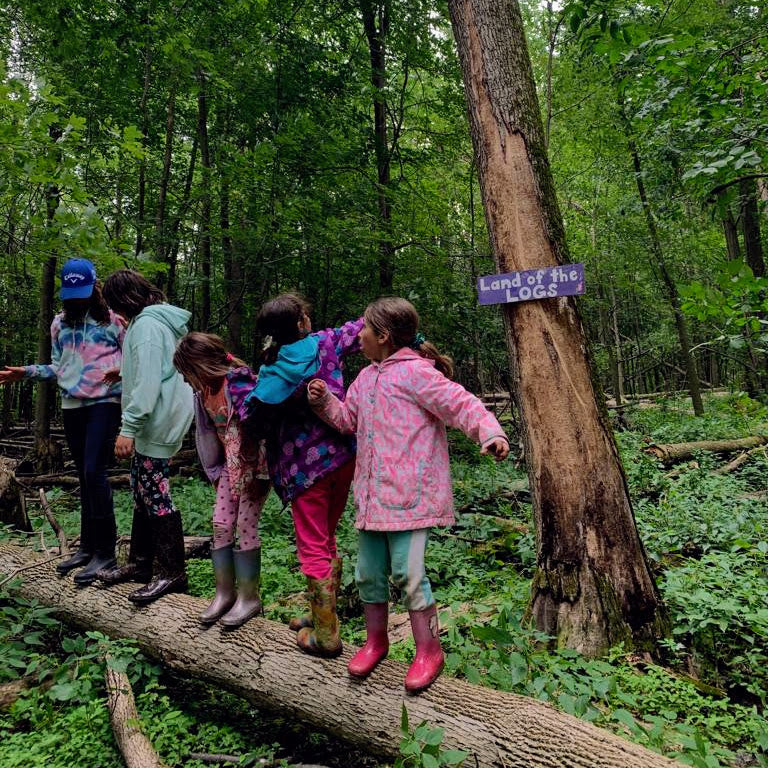
Field Trips for an AI world
Are Students in Passenger or Explorer Mode?
Educational researchers have identified distinct modes of student engagement*:
Passenger Mode: Where students passively consume information, doing the minimum required—a reality for nearly half of middle and high school students
Achiever Mode: Where students focus solely on grades and performance metrics without developing deeper understanding
Resistor Mode: Where students disengage completely from learning that doesn't meet their needs
Explorer Mode: The optimal state where curiosity and problem-solving drive authentic learning and cognitive development
Alarmingly, research shows that less than 4% of middle and high school students regularly experience "explorer mode" in traditional classrooms—the very mode that develops the critical thinking skills AI cannot replace.
* Winthrop, R., & Anderson, J. (2024). The Disengaged Teen: How to Help Kids Learn Better, Feel Better, and Live Better. Crown.
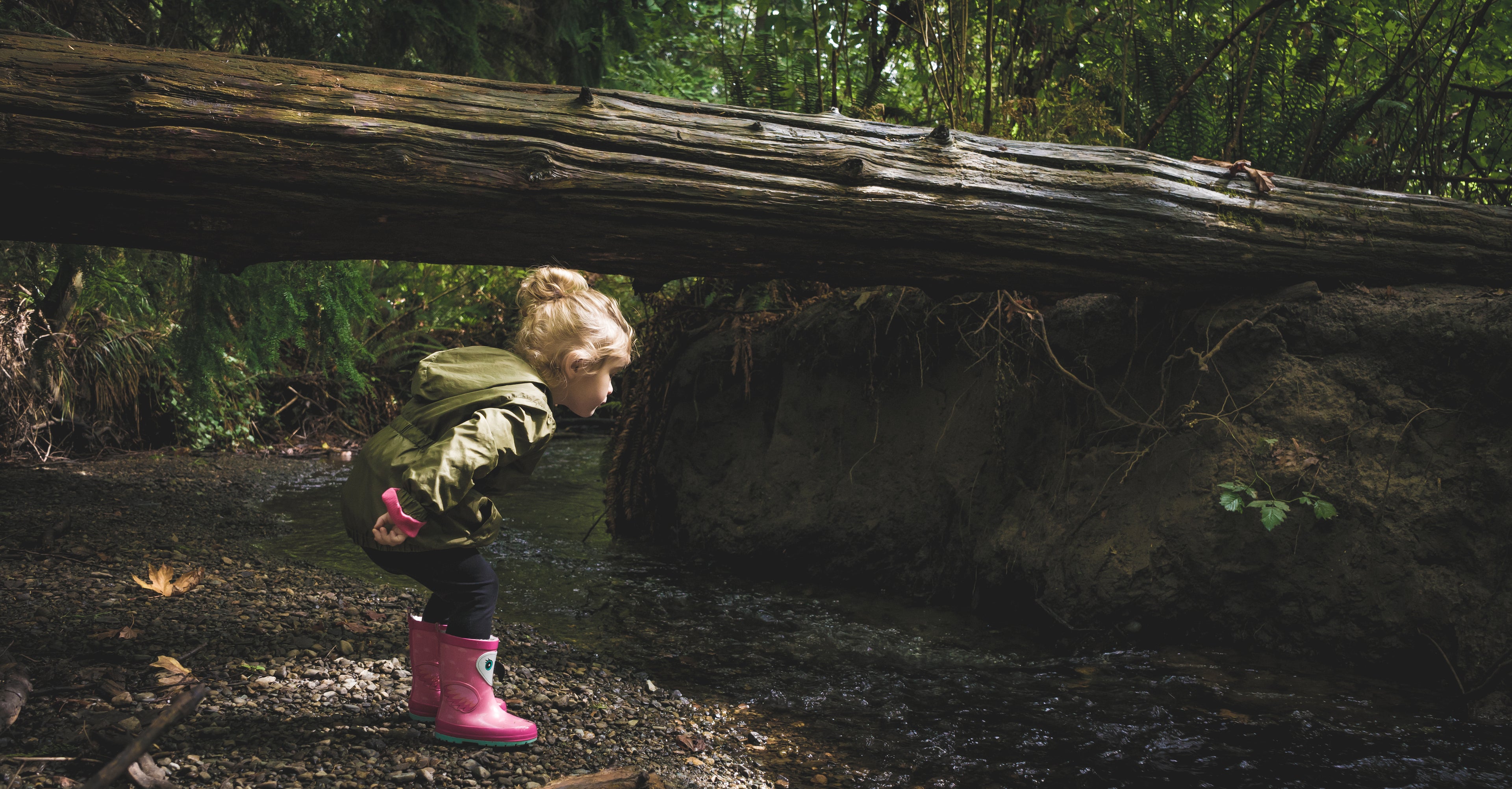
Hands-On Environmental Learning That Activates "Explorer Mode"
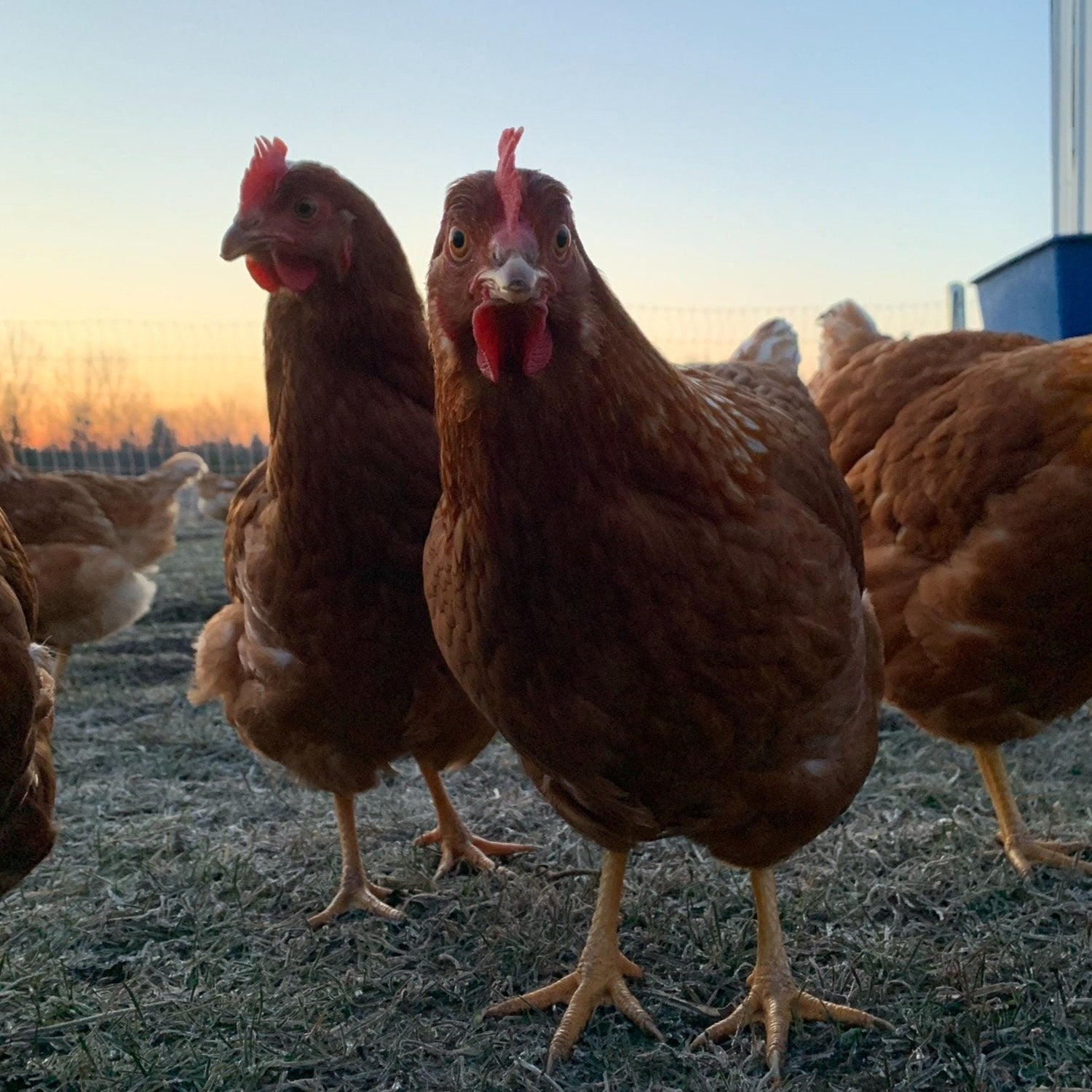
Activate Explorer Mode
Curriculum-Aligned Regenerative Farming
Experience regenerative farming through curriculum-aligned field trips that build critical thinking skills and inspire environmental agency.
At Provenance Farms, we've designed our educational field trips to address the challenge of cognitive offloading. Through hands-on experiences with regenerative agriculture, students engage in authentic problem-solving that activates "explorer mode" and builds the cognitive foundations they need in an AI-powered world.
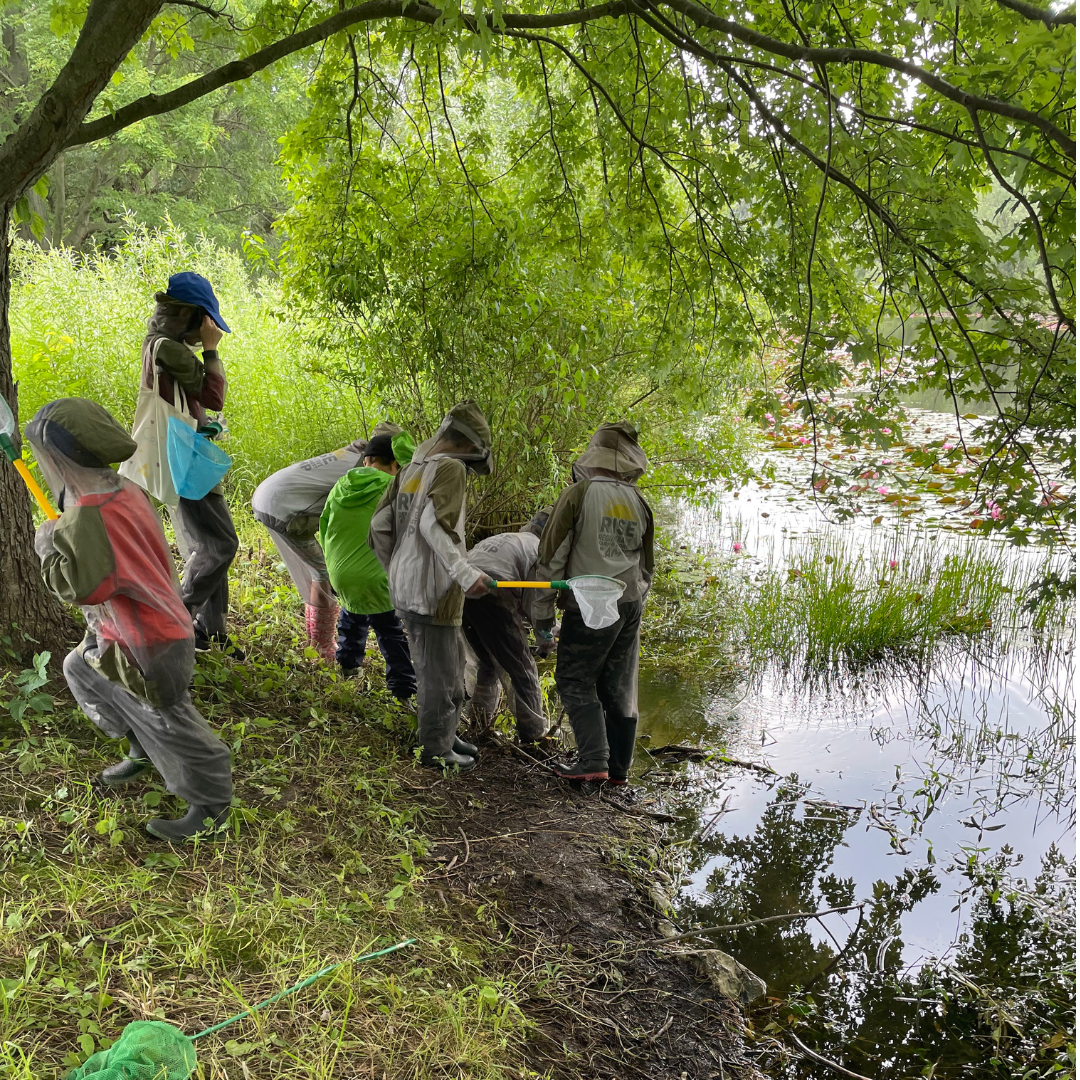
Activate Explorer Mode
Active Explorers
Our experiential learning approach helps students become active explorers who:
- Build resilient neural pathways through meaningful cognitive efforts
- Develop critical thinking skills that AI cannot replace or replicate
- Experience the satisfaction and deeper learning that comes from solving real environmental challenges
- Gain the confidence to use technology as a tool, not as a replacement for thinking
- Cultivate the personal agency to shape their world rather than simply navigate what technology presents to them
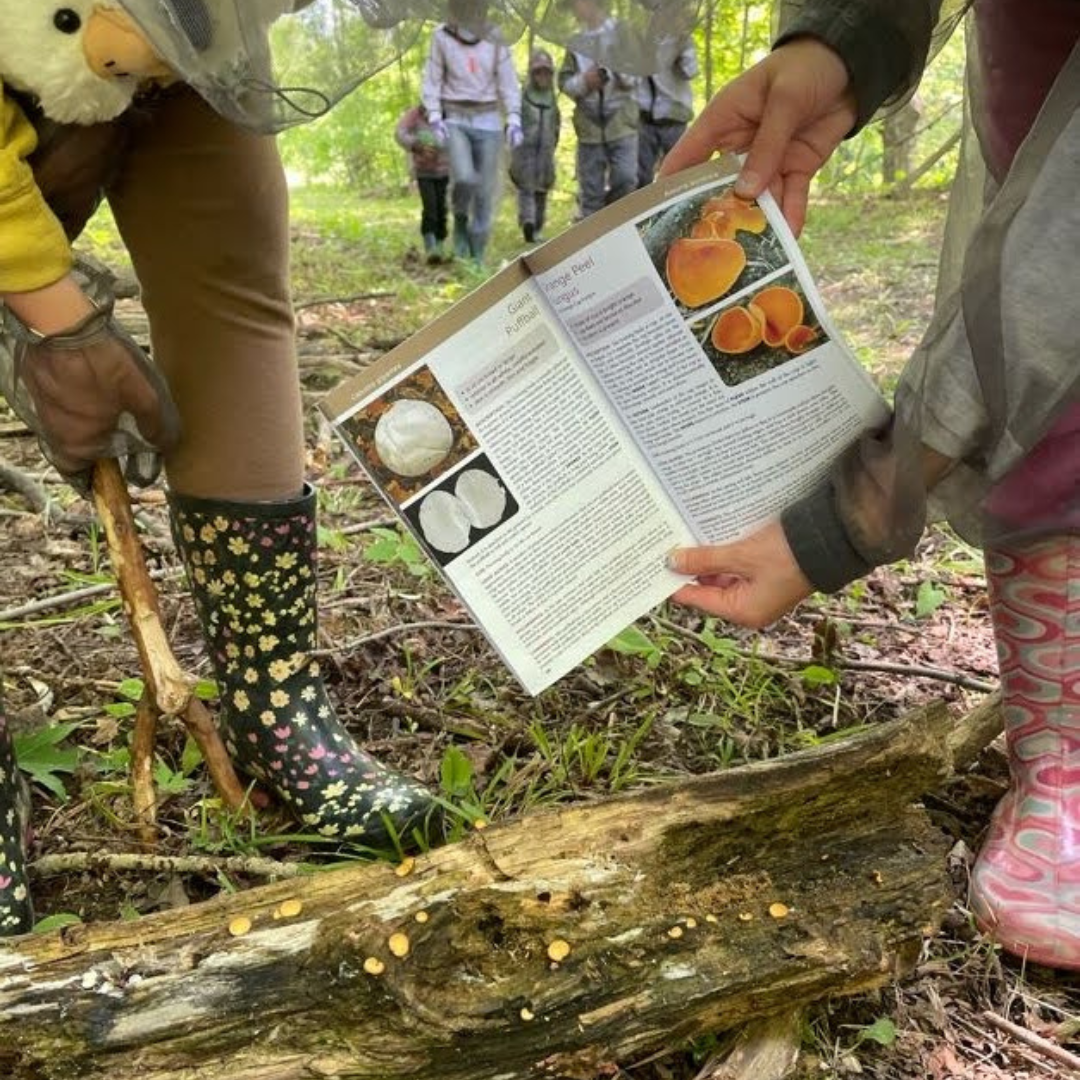
Environmental Stewardship
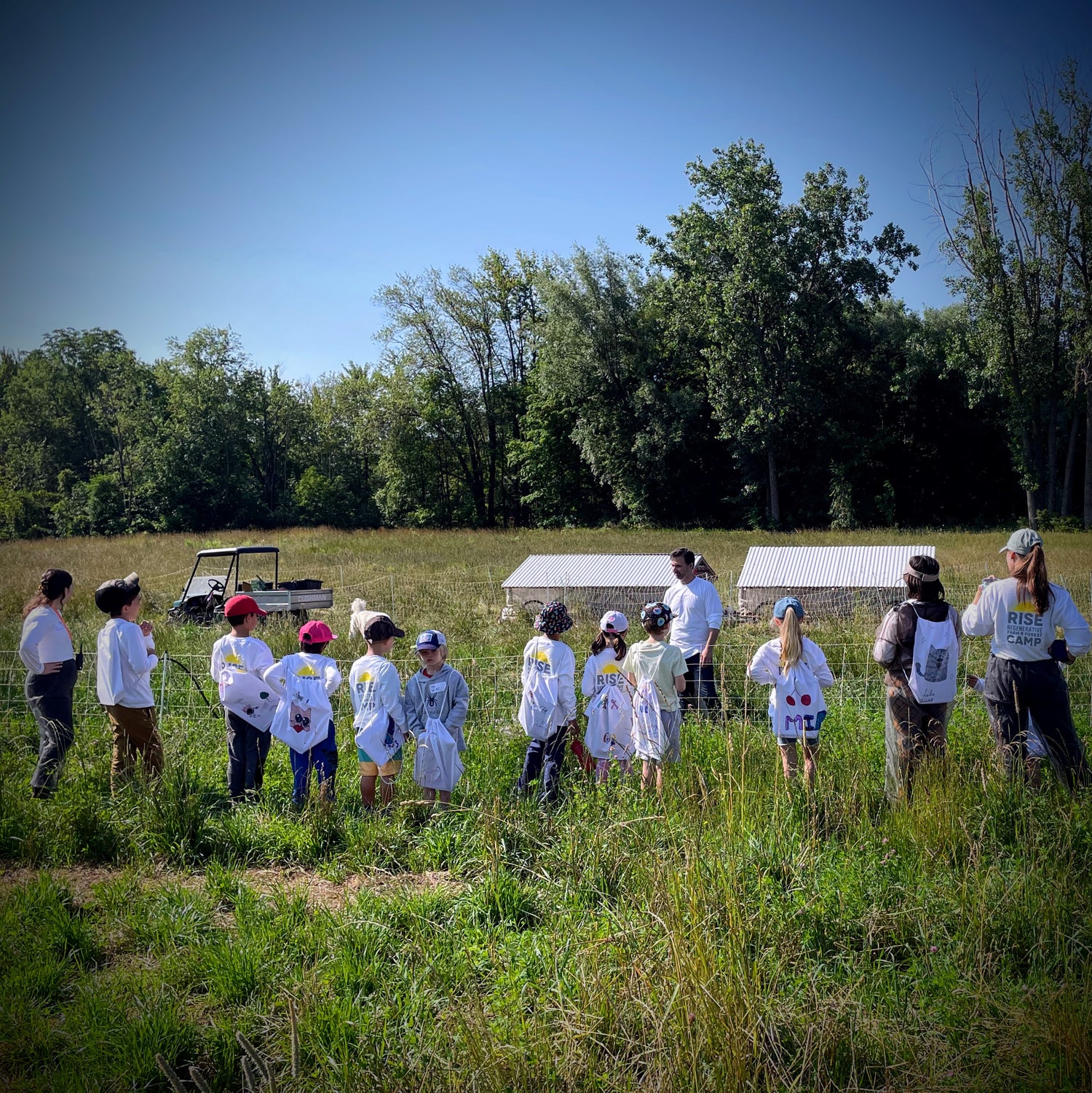
Hands-On Environmental Stewardship
Achievement to Agency: Growing Environmental Stewards
Our educational programs move beyond the "age of achievement" (focused on grades and test scores) to the "age of agency" (developing students who can think critically and solve real problems).*
Through direct engagement with our regenerative farm ecosystem, students develop not just knowledge, but the confidence and capability to apply that knowledge to environmental challenges.
* Winthrop, R., & Anderson, J. (2024). The Disengaged Teen: How to Help Kids Learn Better, Feel Better, and Live Better. Crown.
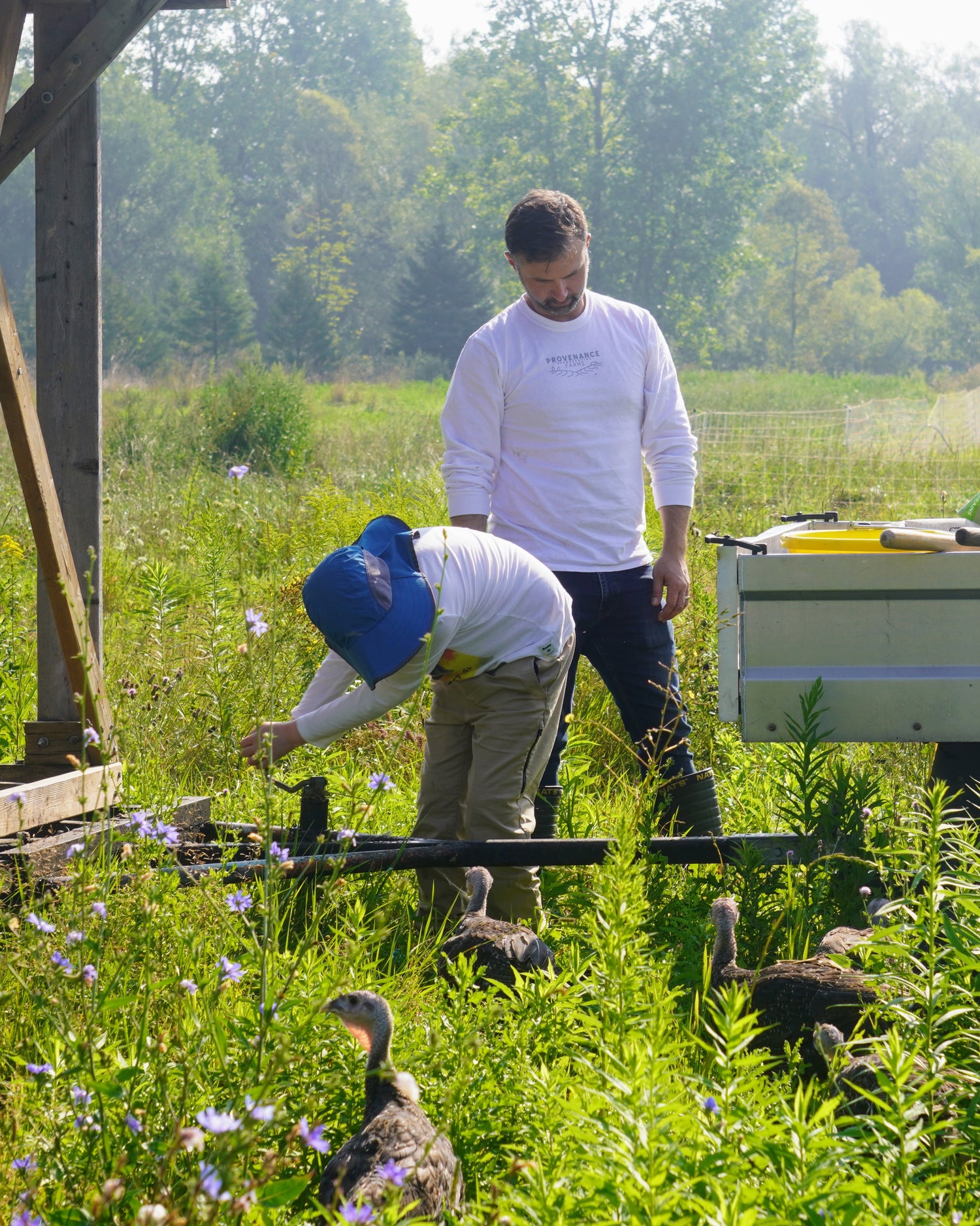
Hands-On Environmental Stewardship
Key Educational Values
Hands-on, experiential learning that counters cognitive offloading
Understanding complex natural systems through direct observation and interaction
Developing the critical thinking that AI cannot replicate
Building environmental agency and problem-solving capability
Creating authentic connections between classroom concepts and real-world applications

Hands-On Environmental Stewardship
Educational Programs Designed to Build Critical Thinkers at Every Level
Each of our field trip experiences is carefully tailored to develop age-appropriate critical thinking skills through engagement with environmental challenges. All programs activate "explorer mode" through hands-on activities, guided problem-solving, and meaningful reflection.
Linked To Ontario Curriculum Standards
Grade-Specific Programs
Kindergarten: Farm Discovery Adventures
Young learners develop crucial neural pathways through sensory-rich experiences that technology cannot replicate. Students engage all their senses to discover where food comes from, interact with farm animals, and build the cognitive foundations that will serve them throughout their educational journey.
Highlights:
Develop attention and focus through guided observation activities
Build language connections through direct experiences with animals and plants
Create environmental awareness through multi-sensory exploration
Form foundational neural pathways through play-based discovery
Grades 1-3: Our Relationship with the Environment
Students move beyond passive information consumption to active environmental problem-solving. Through mapping activities, nature exploration, and hands-on farm experiences, they develop the cognitive skills and environmental awareness that technology alone cannot provide.
Highlights:
Create farm maps that develop spatial reasoning and planning skills
Investigate plant growth through experiments that build scientific thinking
Discover weather relationships that develop cause-and-effect reasoning
Explore interdependent relationships that foster systems thinking
Grades 4-6: Ecosystem Explorers
Students tackle authentic environmental investigations that develop the deep thinking skills often bypassed by technology. By conducting soil experiments, studying ecosystems, and analyzing sustainable practices, they build the cognitive foundations needed to use AI as a tool rather than a substitute for thinking.
Highlights:
Conduct soil health investigations that build scientific methodology
Study pond and forest ecosystems to develop analytical skills
Create food web models that foster systems thinking
Analyze sustainable practices that develop evaluative reasoning
Grades 7-8: Regenerative Agriculture Principles
Students develop advanced critical thinking through science-based exploration of regenerative farming. By designing experiments, testing hypotheses, and analyzing real systems, they build the cognitive skills needed to effectively navigate an AI-dominated world with confidence and discernment.
Highlights:
Design sustainable farming experiments that develop scientific reasoning
Study carbon sequestration processes that build systems thinking
Investigate biodiversity relationships that foster ecological literacy
Analyze watershed impacts that develop cause-and-effect reasoning
Grades 9-10: Environmental Science & Carbon Sequestration
Students engage in sophisticated scientific investigation and problem-solving that prepares them to be wise users, not passive consumers, of AI technology. By collecting and analyzing data, evaluating systems, and designing solutions, they develop the higher-order thinking that gives them an edge in an automated world.
Highlights:
Collect and analyze scientific data using rigorous methodologies
Study complex ecosystem interactions that develop systems thinking
Evaluate sustainable farming methods using comparative analysis
Design environmental solutions that foster innovation and agency
Planning Your Field Trip Experience: Essential Details
Price & Logistics
- Duration: Full-day programs (9:30am - 2:30pm)
- Cost: $22 per student for full-day programs. Chaperones & Teachers are free.
- Group Size: 10-60 students
- Facilities: Indoor lunch space, accessible washrooms, and outdoor learning areas.
- Seasons: Available September-November and May-June
What To Bring
- Weather-appropriate clothing (layers recommended)
- Closed-toe shoes or boots
- Packed lunch and water bottle (boomerang lunch)
- Sunscreen and hat (seasonal)
- Curiosity and readiness to think, explore, and discover!
Booking Instructions
Our field trips book quickly, especially in peak seasons. To secure your preferred date:
- Fill out our Field Trip Inquiry Form below
- Receive a confirmation email within 2 business days
- Confirm your booking with a 25% deposit
- Receive pre-visit materials 2 weeks before your trip
Contact Details
Contact our Education Coordinator to learn how our field trips can help your students develop the critical thinking skills they need in an AI-powered world.
Phone: 548-468-5004
Email: andrew@provenance.farm
Hours: Monday-Friday, 9:00am-5:00pm
Or click 'Need help?' and ask us your questions! We're usually quite prompt with our replies.
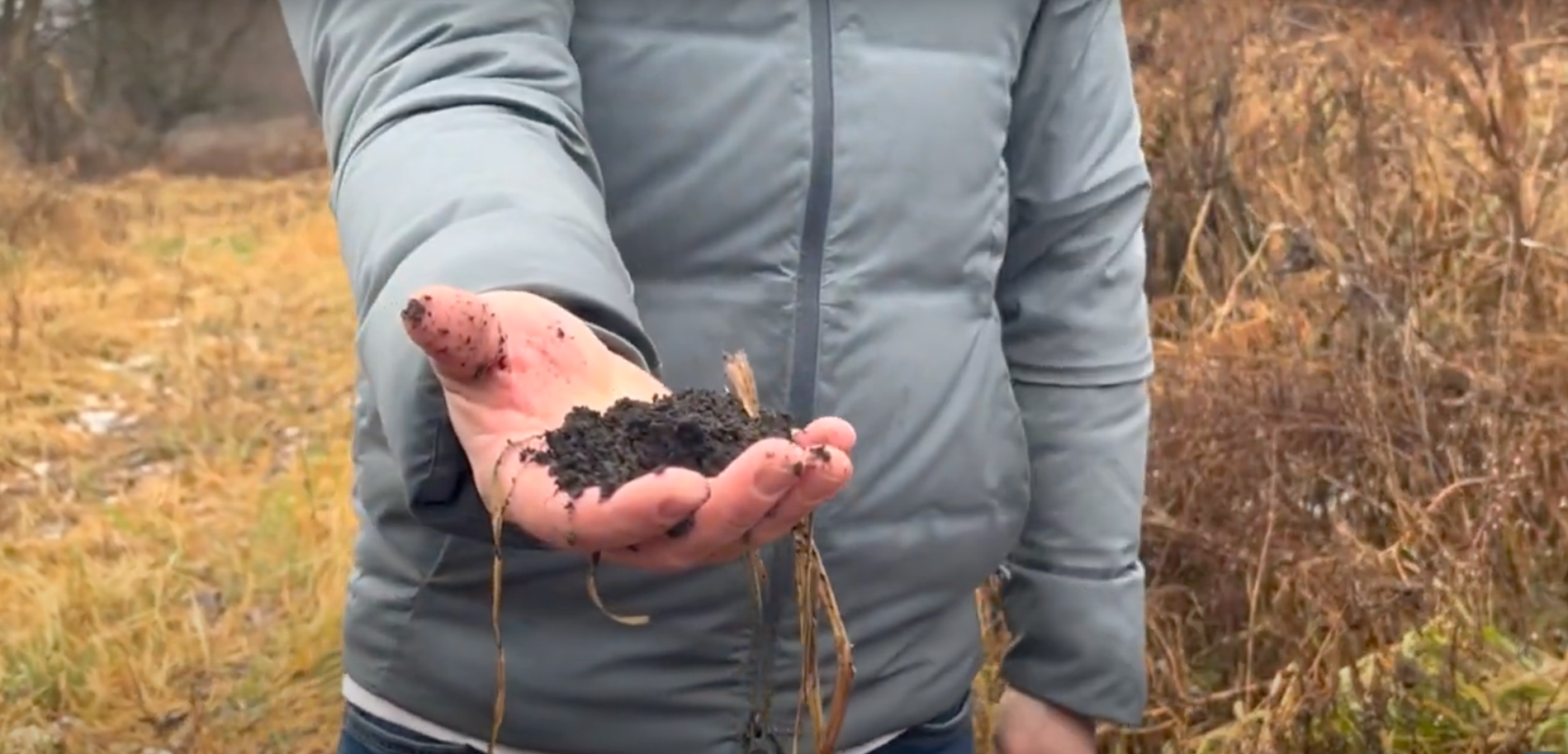
Cawthra Park Video Contest!
We asked 25 arts students from Cawthra Park Secondary School what they wanted to know about Regenerative Agriculture? They spent a day with us and learned all they could. What they told us was incredible!
